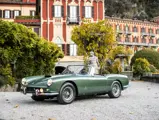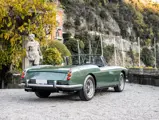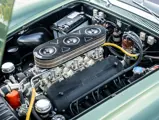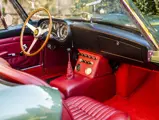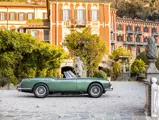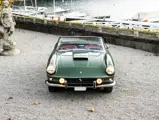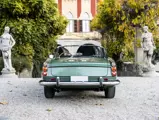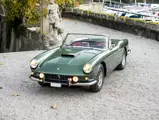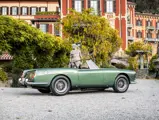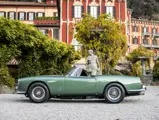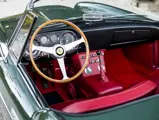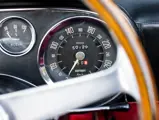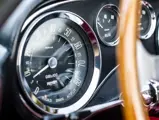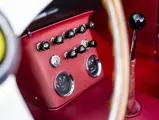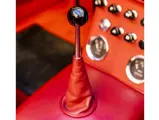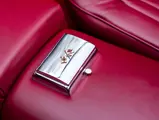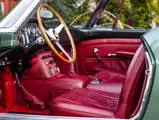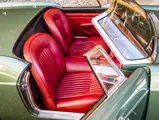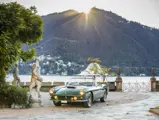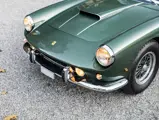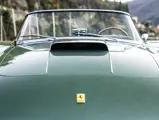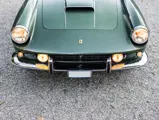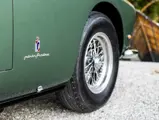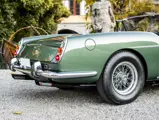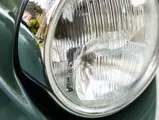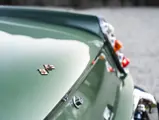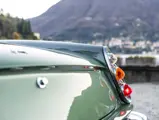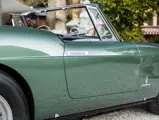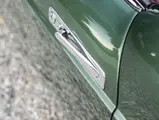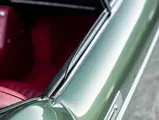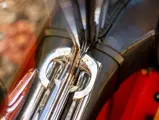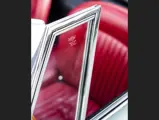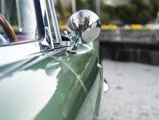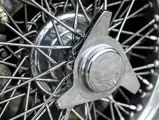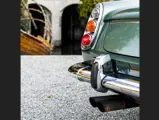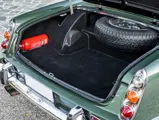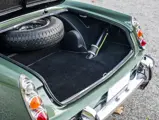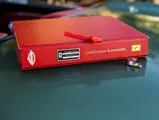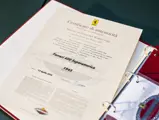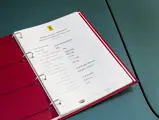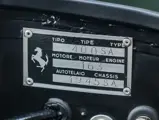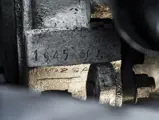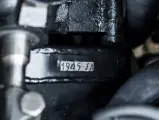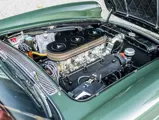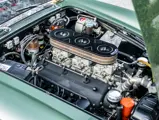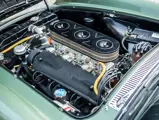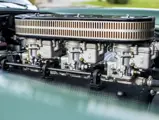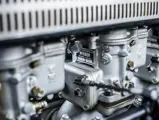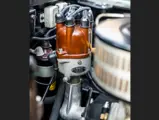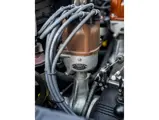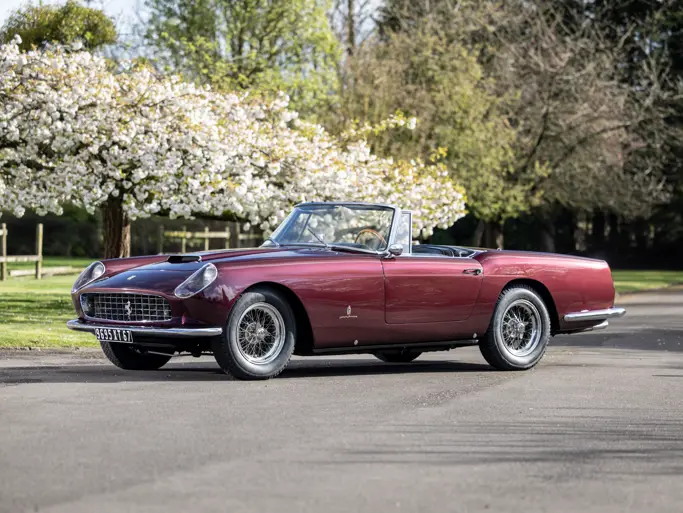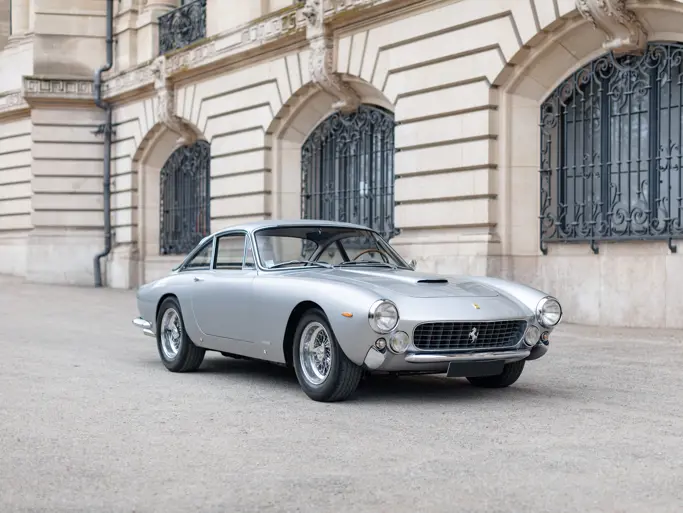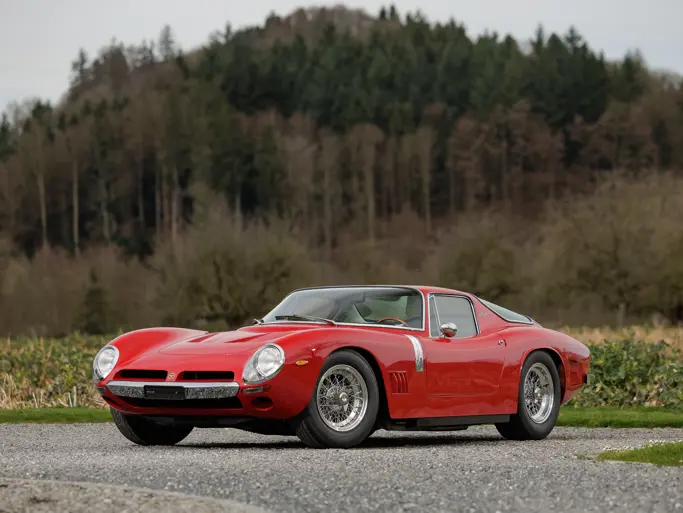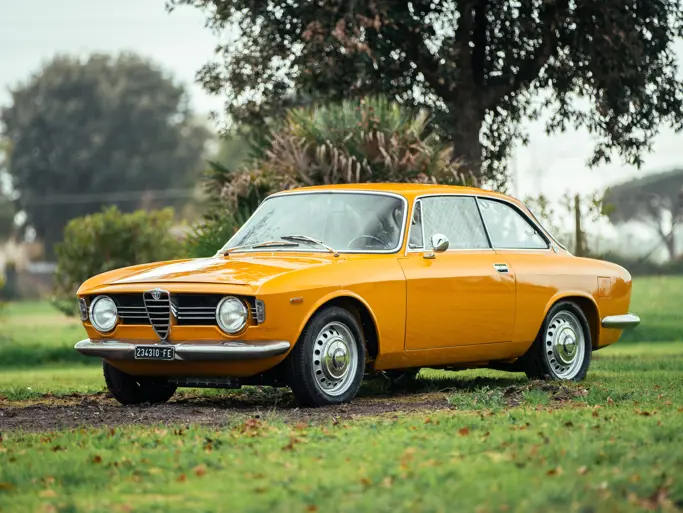Private Sales
1960 Ferrari 400 Superamerica SWB Cabriolet by Pinin Farina
One of Seven 400 SA SWB Cabriolets Built; Classiche Certified
{{lr.item.text}}
Price Upon Request
 | Monaco, Monaco
| Monaco, Monaco
{{internetCurrentBid}}
{{internetTimeLeft}}

- The third of seven short-wheelbase Superamericas Cabriolets
- Fully restored to concours standards by US-based Ferrari specialists Classic Coach and Greg Jones
- Well maintained by Autofficina Omega in its current ownership
- Formerly of the Oscar Davis Collection
- Seldom shown since its most recent restoration; an exciting concours opportunity
- Ferrari Classiche-certified
Ferrari’s Superamerica models of the late 1950s and early 1960s were truly the last word in sporting excellence. Offering the very best money could buy in terms of luxury and performance, its no surprise that these cars often found their way into the garages of heads of state, barons of industry, and other well-to-do individuals.
Succeeding the 410 Superamerica, the 400 Superamerica offered numerous improvements over its predecessor. While the engine decreased in displacement from 5.0-litres to 4.0-litres, several other new features countered this. The 5.0-litre V-12 was a “long-block” Lampredi-designed unit, while the revised smaller engine was based on the Colombo single overhead-camshaft powertrain that was first utilised in the 250 Europa GT. To increase the capacity from 3.0-litres, the bore was enlarged to 77 millimetres and the stroke was lengthened to 71 millimeters, providing a total capacity of 3,967 cubic centimetres. Furthermore, a twin-coil and distributor ignition system was utilised, along with triple-Weber carburetors, granting the engine an improved 340 horsepower, but also an incredible 400 Nm (295 ft.lb) from 2.000 rpm and a maximum torque 450 Nm (331 ft.lb) at 6.000 rpm.
As a result, these cars are considered today among the best driving of 1960s Ferraris. Boasting 25 per cent greater engine capacity than a 250 GT Berlinetta or California Spider, the 400 Superamerica produces far more horsepower and torque than either of its forebears. The 400 Superamerica was also fitted with an overdrive as standard—while no overdrive was available for the 250 GT models apart from the GTE—making it far more comfortable to drive over long distances. Finally, it is important to remember
that the 400 Superamerica’s chassis and powertrain was so great that it provided the basis for the 330 LMB and 330 TRi racing cars, of which the 330 TRi LM won the 24 Hours of Le Mans in 1962.
The 400 Superamerica production run can be divided into two groups, based on either long- or short-wheelbase chassis. The first batch of cars produced—of which includes the car on offer here, chassis 1945 SA—boasted a 2,420 millimetre chassis, while the second batch boasts the longer 2,600 millimetre chassis. Of the short-wheelbase cars, just 25 examples were produced, with only seven bodied as cabriolets.
Chassis number 1945 SA was built in mid-1960 as the third of those seven short-wheelbase cabriolets, and this example was built to left-hand-drive configuration with open headlamps. It was finished in a beautiful, albeit unusual, colour combination of Verde Bottiglia (MM 16364) over Rosso (VM 3171). It was fitted since new with a set of three Weber 46 DCF, like on a 250 SWB “Sefac Hot Rod”, and a pair of Bosch ignition distributors. The coachwork was completed by Pinin Farina in July of 1960 and was sold new to Helmut Horton, a German entrepreneur based in Croglio, Switzerland. In
January of the following year, the car was registered in Milan under Horten Italiana S.r.l, and it remained in Italy for the following three years under Horton’s ownership.
The Superamerica then passed to a Mr. Warzits in Germany sometime thereafter and was believed to have been exported to the United States for a brief period. However, by 1985, the car had returned to Europe and was then painted white. At this time, it was acquired by Bernard Pfister of Geneva, Switzerland. Pfister repainted the car red in 1989 and it remained in Switzerland with him for the next few years and was displayed at Ferrari Suisse SA in Nyon.
In June of 1997, 1945 SA was listed for sale in Marseille, France and was purchased one month later by Scott Rosen of Bedford Hills, New York. Subsequently exported to the US, the car remained in his ownership for two years before being purchased by the late noted sports car enthusiast Oscar Davis of Elizabeth, New Jersey.
One year later, Davis sold the Superamerica to a Florida-based collector, yet the car would stay in northern New Jersey for the time being, as it was entrusted to Classic Coach for a full restoration. Founded in 1972 and well known and regarded in Ferrari circles in the US, Classic Coach was Ferrari’s first authorised bodywork repair facility in the US. Their owners would later open two authorised Ferrari dealerships in the US: Ferrari of Central Florida and Ferrari of Tampa Bay.
It was decided that chassis 1945 SA would be returned to its original colour combination of Verde Bottiglia over Rosso during this complete, frame-off restoration. No cost was spared to restore the Superamerica back to a spectacular standard. Following the completion of the restoration work, the car was shipped to noted Ferrari specialist Greg Jones of Stuart, Florida. Jones was entrusted with further dialing in the car mechanically, ensuring that every facet of the car worked perfectly. Receipts for the work completed by both Classic Coach and Greg Jones remain in the car’s
history file.
Remaining with that owner until 2015, the car was sold via RM Sotheby’s
to its current owner, a Monaco-based enthusiast, who returned the car to Europe to a discerning collector who happen to do business in the past with the first owner. With him, the car has been used and enjoyed as its manufacturer would have intended. Seen occasionally driving around the streets of Monaco, the car has been shown once at Elégance et Automobile à Monte-Carlo in 2019. It has been granted Ferrari Classiche certification, confirming that it retains its original body, chassis, transmission and rear axle and that the original crank case was changed by Ferrari in November of 1963, which still remains fitted to the car today. With its current owner, the car has been very well maintained by Autofficina Omega of Corrado Patella, including further mechanical work to ensure it drives and performs as one would expect. Its most recent service work with them was the fitment of a new clutch in February 2020.
The car still presents in excellent condition throughout and would surely be welcome with open arms to any major concours event worldwide. Well maintained and enjoyed with current owner, it could easily be used on the road as a warm-weather weekend driver. Regardless of whether it is to be enjoyed on the open road or the concours lawn, it will certainly be a joy to own and will attract only the most favorable of compliments wherever it goes.

